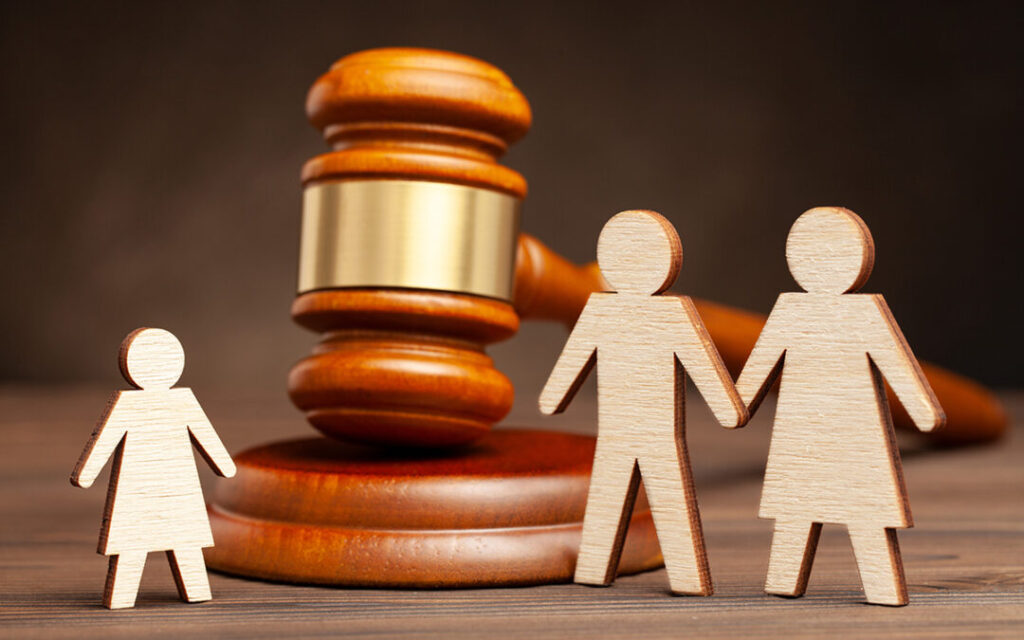Introduction to the Role of a Legal Guardian
A legal guardian is a person who is appointed to take care of another individual, often a minor child or an adult who is unable to manage their own affairs due to incapacity. This role is pivotal in many legal and personal contexts, as it involves significant responsibilities and duties. This article aims to explore the depth and breadth of what it means to be a legal guardian, the processes involved in becoming one, and the responsibilities it entails.
Who is a Legal Guardian?
A legal guardian is someone appointed by a court or named in a will to make decisions for someone who is unable to do so themselves. This role is most commonly associated with caring for minors, but it can also apply to adults with disabilities or the elderly who are incapacitated. The legal guardian has the authority to make personal, financial, and medical decisions for the ward (the person under guardianship).
Types of Legal Guardianship
Guardianship can be of various types depending on the needs of the ward. These include:
- Guardianship of a Minor: When a child’s parents are unable to care for them, a guardian is appointed to make decisions regarding the child’s welfare.
- Guardianship of an Incapacitated Adult: This applies to adults who are unable to make decisions due to mental or physical disabilities.
- Guardianship of Estate: When an individual is incapable of managing their financial affairs, a guardian is appointed to handle their property and financial matters.
The Process of Becoming a Legal Guardian
The process of becoming a legal guardian varies depending on the jurisdiction but generally involves a court proceeding. The steps typically include:
- Filing a Petition: An individual interested in becoming a guardian must file a petition in the appropriate court.
- Notification: Family members and other interested parties are notified of the guardianship petition.
- Evaluation: The court evaluates the suitability of the proposed guardian and the needs of the ward.
- Hearing: A court hearing is held where the judge considers all evidence and testimonies.
- Appointment: If the court finds the appointment in the best interest of the ward, it will grant guardianship.
Responsibilities of a Legal Guardian
A legal guardian’s responsibilities are both broad and profound, encompassing the well-being of the ward. These responsibilities include:
Caring for the Ward
The guardian is responsible for the day-to-day care of the ward. This includes providing food, shelter, education, and medical care. In the case of a child, it also involves ensuring a nurturing and safe environment for their growth and development.
Managing Finances
If the guardianship includes managing the ward’s finances or estate, the guardian must handle financial matters responsibly. This includes managing assets, income, and expenses, and making decisions that are in the best financial interest of the ward.
Medical Decisions
Guardians are often tasked with making crucial medical decisions. This requires understanding the ward’s medical needs and ensuring they receive appropriate care.
Legal Duties
Legal guardians must fulfill their role in accordance with the law. This includes filing regular reports with the court and seeking court approval for significant decisions.
Challenges and Ethical Considerations
Being a legal guardian comes with its set of challenges and ethical considerations. Guardians must balance their responsibilities with the rights and preferences of the ward. They must act in the ward’s best interest, even when it conflicts with their own beliefs or interests. Maintaining the dignity and autonomy of the ward is a crucial aspect of ethical guardianship.
The Impact of Guardianship
Effective guardianship can have a profound impact on the ward’s life. For minors, it can provide stability and support in the absence of parental care. For incapacitated adults, it ensures that their needs are met in a dignified and respectful manner. The role of a guardian, therefore, is not just a legal obligation but a commitment to nurture and protect another human being.
Conclusion: The Vital Role of a Legal Guardian
In conclusion, the role of a legal guardian is a vital one, requiring commitment, compassion, and an understanding of the legal responsibilities involved. Whether it is caring for a child, an incapacitated adult, or managing someone’s estate, guardianship is a role that can deeply impact the lives of both the guardian and the ward. As society continues to evolve, the need for responsible and dedicated legal guardians remains significant, making this role an essential component of the legal and social fabric.


